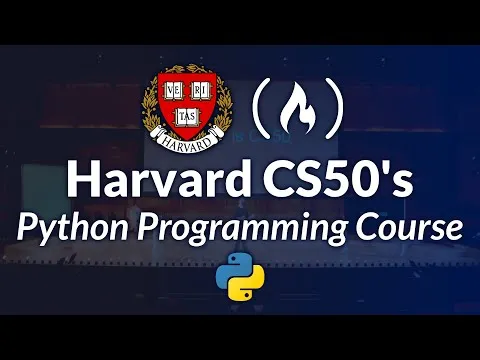
Mastering Doctrine Relations 
Get a comprehensive overview of Mastering Doctrine Relations ▼
ADVERTISEMENT
Course Feature
![]() Cost:
Cost:
Paid
![]() Provider:
Provider:
SymfonyCasts
![]() Certificate:
Certificate:
Paid Certification
![]() Language:
Language:
English
![]() Start Date:
Start Date:
On-Demand
Course Overview
❗The content presented here is sourced directly from SymfonyCasts platform. For comprehensive course details, including enrollment information, simply click on the 'Go to class' link on our website.
Updated in [May 19th, 2023]
This course, Mastering Doctrine Relations, will provide an overview of the various types of Doctrine relations and how to create them. It will cover topics such as generating a ManyToOne relationship, relation annotations and PHP 8 attributes, the OneToMany inverse side of a relation, handling relationships in fixtures with Foundry, the owning versus inverse sides of a relation, doing magic with the ArrayCollection (Criteria), querying with Joins, and ManyToMany Relations. By the end of the course, participants will have a better understanding of how to create and manage Doctrine relations in their applications.
[Applications]
After completing this course, students will be able to apply the knowledge they have gained to create database relationships, such as ManyToOne, ManyToMany, etc. They will also be able to use Symfony tooling to generate relationships, as well as use annotations and PHP 8 attributes. Additionally, they will be able to handle relationships in fixtures with Foundry, understand the owning versus inverse sides of a relation, use the ArrayCollection (Criteria) and query with Joins. Finally, they will be able to create ManyToMany Relations.
[Career Paths]
1. Database Administrator: Database Administrators are responsible for the installation, configuration, and maintenance of databases. They are also responsible for ensuring the security and integrity of the data stored in the database. With the knowledge gained from this course, Database Administrators can use Doctrine to create and maintain database relationships.
2. Software Developer: Software Developers use programming languages to create software applications. With the knowledge gained from this course, Software Developers can use Doctrine to create and maintain database relationships in their applications.
3. Data Analyst: Data Analysts use data to identify trends and patterns in order to make decisions and solve problems. With the knowledge gained from this course, Data Analysts can use Doctrine to create and maintain database relationships in order to better analyze data.
4. Database Architect: Database Architects design and implement databases for organizations. With the knowledge gained from this course, Database Architects can use Doctrine to create and maintain database relationships in order to ensure the security and integrity of the data stored in the database.
[Education Paths]
1. Bachelor of Science in Computer Science: This degree path focuses on the fundamentals of computer science, such as programming, software engineering, and computer architecture. It also covers topics such as artificial intelligence, data structures, and algorithms. With the increasing demand for software development and data science, this degree path is becoming increasingly popular.
2. Master of Science in Software Engineering: This degree path focuses on the development of software applications and systems. It covers topics such as software design, software architecture, software testing, and software project management. With the increasing demand for software development, this degree path is becoming increasingly popular.
3. Master of Science in Data Science: This degree path focuses on the analysis and interpretation of data. It covers topics such as machine learning, data mining, and data visualization. With the increasing demand for data-driven decision making, this degree path is becoming increasingly popular.
4. Doctor of Philosophy in Computer Science: This degree path focuses on advanced topics in computer science, such as artificial intelligence, computer networks, and distributed systems. It also covers topics such as software engineering, computer architecture, and algorithms. With the increasing demand for research and development in computer science, this degree path is becoming increasingly popular.
Course Provider

Provider SymfonyCasts's Stats at AZClass
Discussion and Reviews
0.0 (Based on 0 reviews)
Explore Similar Online Courses

Introduction to COVID-19: methods for detection prevention response and control

Introduction to Data Science in Python

RDBMS PostgreSQL

Intro To PostgreSQL Databases With PgAdmin For Beginners

PostgreSQL: Client Applications

Mastering SQL using Postgresql

Database Design and Basic SQL in PostgreSQL

PostgreSQL: Advanced Queries

Spatial SQL with Postgres : A language for geographers

Learn SQL Using PostgreSQL: From Zero to Hero

PostgreSQL Essential Training


Start your review of Mastering Doctrine Relations